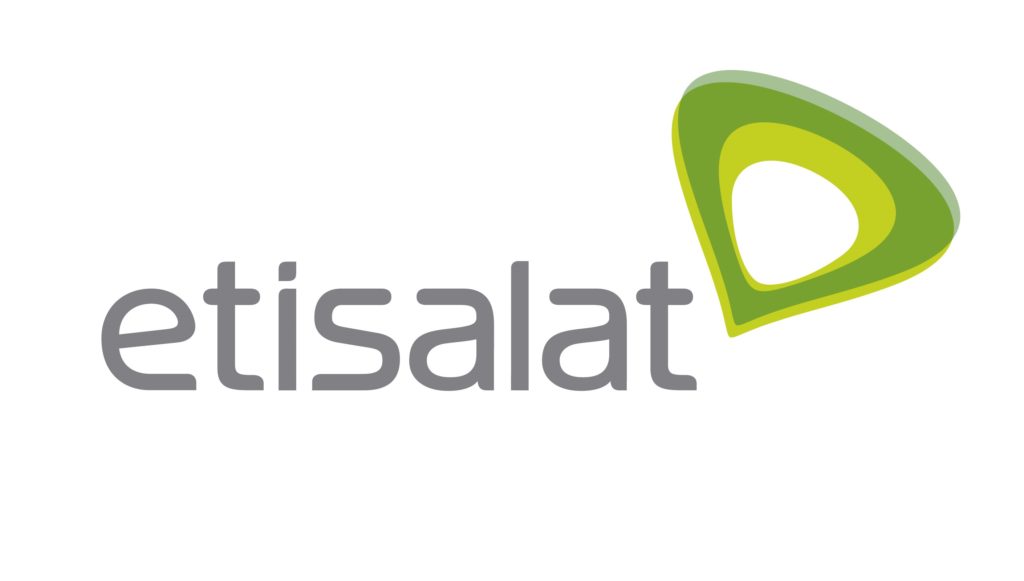TL;DR: Scammers are spoofing Etisalat SMS to trick you into giving away bank details for fake reward redemptions. DO NOT click suspicious links or enter your card details. If you received such an SMS, block the number, delete the message, and report it to Etisalat and the authorities. Etisalat will never ask for your card or OTP for reward redemptions via SMS links.
Hey everyone, seen a lot of chatter lately about some really sneaky scam SMS messages pretending to be from Etisalat. It’s super frustrating when you’re just trying to go about your day and get hit with these bogus messages that look legit. These scammers are getting smarter, so let’s break down what’s happening and how to protect yourselves.
Received a Suspicious Etisalat SMS? Here’s What You NEED to Do!
If you get an SMS from what appears to be Etisalat, especially one about expiring reward points or claiming a prize, be extremely cautious. Here’s a rundown of what to do and what not to do:
- DO NOT Click Any Links: The most crucial step. Scammers often include a link that leads to a fake website designed to look like Etisalat’s official portal. Clicking this link is the first step in their scheme to steal your information.
- DO NOT Enter Personal or Financial Information: If you did accidentally click the link, never enter your mobile number, banking details (card number, expiry, CVV), or any One-Time Passwords (OTPs) on the suspicious website. Legitimate Etisalat reward redemptions generally happen through their official app (Smiles) or verified website, which won’t ask for your full card details for a “redemption fee.”
- Check the Sender: While scammers can spoof sender IDs, be wary of messages coming from unusual numbers or ones that don’t match official Etisalat SMS shortcodes.
- Look for Red Flags:
- Urgency: Scammers often create a sense of urgency (“points expiring in 3 days!”) to make you act without thinking.
- Small “Processing Fees”: They might ask for a tiny fee (e.g., AED 1.10) to “process” your reward. This is a common trick to get your credit card details.
- Unusual OTP Requests: If you get an OTP from your bank for a large sum, especially for a merchant you don’t recognize (like “MONLINE” mentioned in some cases), after trying to “redeem” points, it’s a huge red flag.
- Block the Number: Block the number the scam SMS came from.
- Delete the SMS: Get rid of the message from your phone.
- Inform Others: Spread the word to your friends and family so they don’t fall victim.
Why Are These Outages/Scams Happening & Why Can’t You Fix It Yourself?
This isn’t an “outage” in the traditional sense, but a sophisticated scam. It’s happening because:
- SMS Spoofing: Scammers are using technology to make their SMS messages appear to come from legitimate Etisalat sender IDs. This makes the messages look like they are part of your existing Etisalat SMS conversation thread, increasing their credibility.
- Social Engineering: They exploit human trust and desire for rewards or good deals. By offering “expiring points” or “prizes,” they pressure users into hasty actions.
- Lack of User Awareness: Many users might not be aware of these specific scam tactics, especially the SMS spoofing aspect, making them vulnerable.
Why you can’t fix it yourself: You cannot prevent scammers from sending these messages or spoofing sender IDs. This is a battle fought on multiple fronts: by telecom providers implementing stronger anti-spoofing measures, by authorities cracking down on these criminal operations, and most importantly, by users being vigilant and informed. Your role is defensive: to recognize and avoid the scam.
How to Get Official Updates & Information During Outages (or Scam Alerts!)
When you suspect a scam or a widespread issue, always go to official sources:
- Etisalat’s Official Website: Check their official website for any announcements or scam warnings.
- Etisalat’s Official Social Media Accounts: Follow Etisalat on their verified social media channels (e.g., Twitter/X, Facebook) for real-time updates and official advisories.
- Etisalat Mobile App (Smiles): This is where you should genuinely manage your rewards and account. Any legitimate reward redemption would typically be initiated or verified through the app.
- Community Forums (like Reddit): While not official, communities like r/Etisalat or r/Dubai are great for seeing if other users are experiencing similar issues, which can help confirm if something is a widespread scam or a genuine problem.
When to Call Support & What to Tell Them (Etisalat Customer Service)
You should contact Etisalat customer support in the following scenarios:
- If you accidentally clicked a suspicious link AND entered any personal/financial details: Contact your bank immediately to block your card and monitor your account for fraudulent transactions. Then, contact Etisalat.
- To report a scam SMS: While individual reports might not stop the scam immediately, they help Etisalat gather data and implement broader protective measures.
- If you are unsure about the authenticity of any communication from Etisalat.
You can reach Etisalat Customer Service at 101 (from an Etisalat line) or +971 800 101 (from any other line/international).
When you call, be prepared to provide:
- The exact content of the suspicious SMS.
- The sender number (if available and not spoofed).
- Any actions you took (e.g., clicked a link, entered details – be honest!).
- Your mobile number.
While a technician visit isn’t relevant for SMS scams, clear communication with customer service is key.
Stay safe out there, everyone. It’s crucial to be aware of these evolving scam tactics. Always err on the side of caution when dealing with unsolicited messages, especially those asking for personal or financial information. A quick check with official channels can save you a lot of headache and money.





